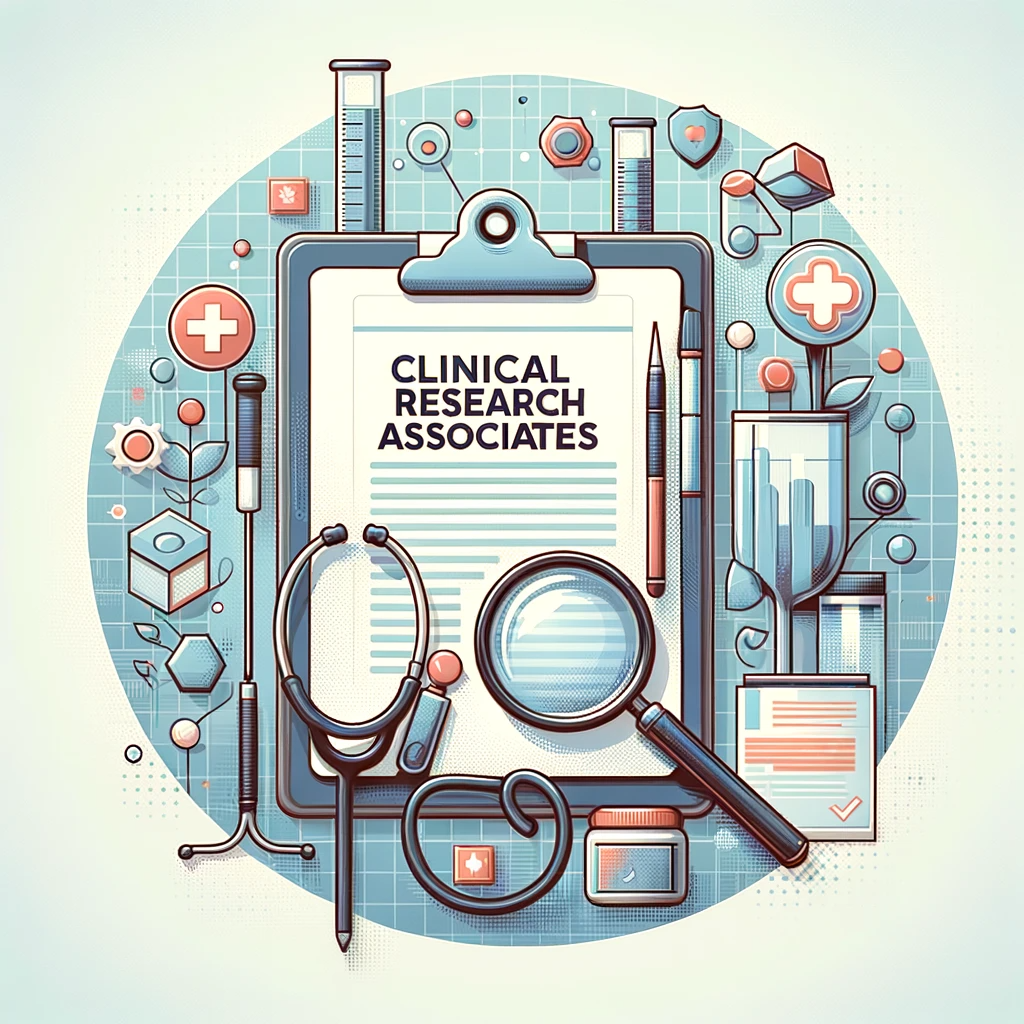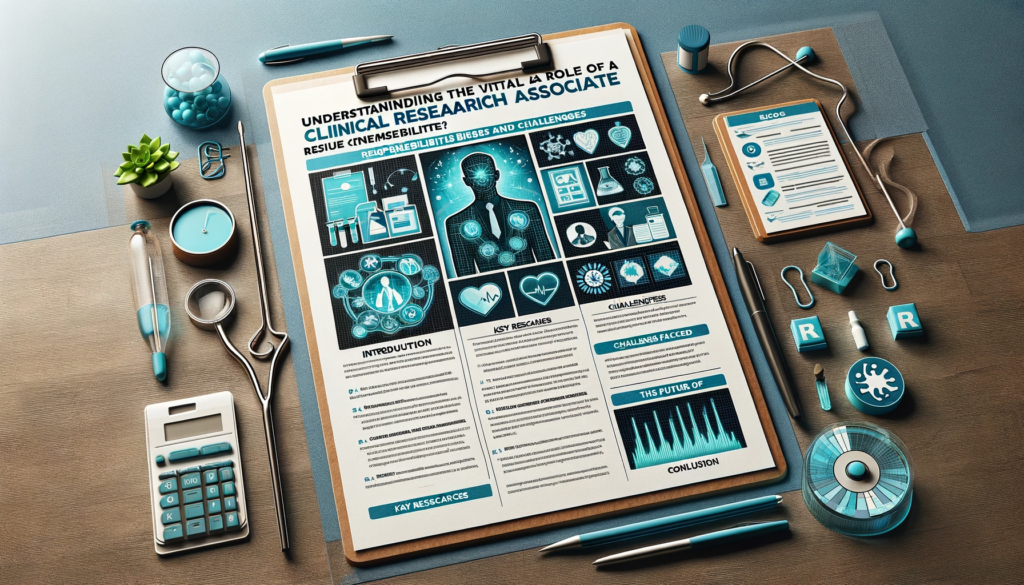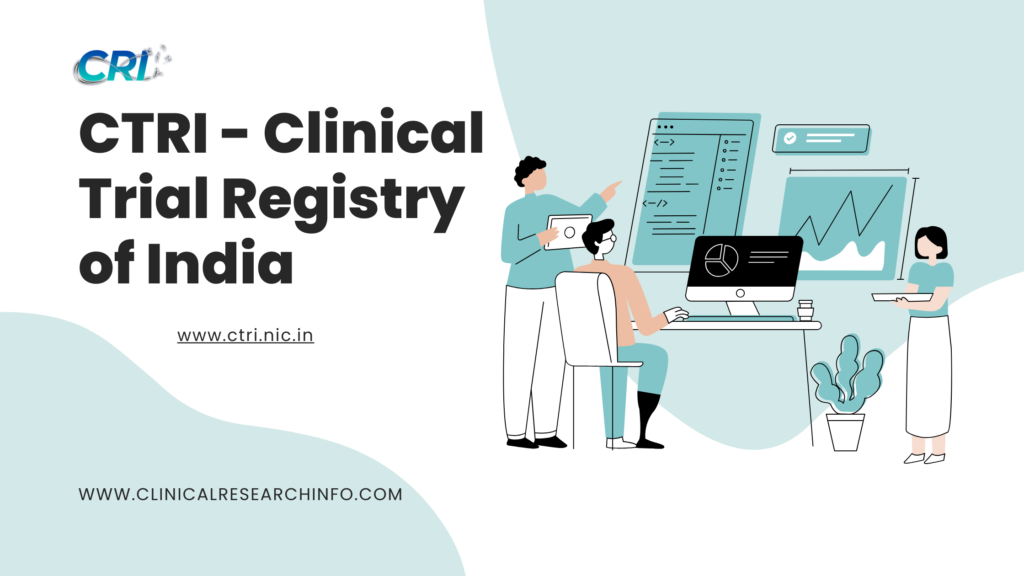Case Report Form (CRF)
Conducting clinical trials is a complex and time-consuming affair. It involves numerous different procedures and requires the collection of data from thousands of participants and constant monitoring. Let’s learn about CRF. A primary step towards conducting any clinical trial is to collect medical data or any other relevant data from different patients participating in the trial. The patients can be different concerning indication, and demography and may have a variety of different symptoms. Case Report Form (CRF) A Case Report Form (CRF) contains data obtained during the patient’s participation in the clinical trial. Medical researchers rely on the Case Reporting Form (CRF) to collect data about the disease from different affected patients and analyze them. CRFs can be a simple set of 1-5 questions or a detailed form with many pages. Traditionally CRFs are made of paper. Recently, researchers have adopted information technology (IT) and use electronic Case Report Form (eCRF). Electronic Case Report Form (eCRF) The electronic capture of patient data related to a clinical trial is facilitated by an electronic Case Report Form (eCRF). This method of information gathering replaces the paper-based systems previously used by clinical trial investigators to record and submit data related to the research and outcomes of a study. The switch to paperless information gathering has improved and streamlined the clinical trial data collection process in many ways. The success of a clinical trial depends on data received at the end of the trial. Data collection faces many challenges. For instance, often, a clinical trial spans several locations with the monitoring and integration of data being done from a single central location. At the same time, each trial normally comprises of hundreds of different pieces of data to be compiled and processed for statistical analysis. By providing a single portal and database to input and analyze data, clinical trial investigators and managers have a single source to turn to for highly organized and standardized information that can be quickly analyzed, sorted, and exported for the clinical trial’s progress. This automated generation and reporting are called an Electronic case report. eCRF is greatly beneficial and has the following benefits: Electronic Case Reporting (eCRF) will automate public health case reporting by automatically generating and transmitting case reports from Electronic Health Records (EHRs) to public health agencies for further investigation, rather than manually reporting. The eCRF captures critical clinical, demographic, and laboratory reports of patient data submitted to public health. Many IT service provider companies are linked with public health agencies that develop the necessary software required to generate eCRF as per the requirements of the researchers for further study. Here is a list of 21 widely used Electronic reporting and data capture tools in the market and the companies that develop them: As the industry transitions toward electronic reporting, health information management professionals play a key role in supporting requirements for eCRF. It comes as no surprise that the manual approach of individually faxing, emailing, and making phone calls to public health agencies is time-consuming, error-prone, and inefficient, which reduces an epidemiologist’s ability to investigate potential cases promptly.
Case Report Form (CRF) Read More »





